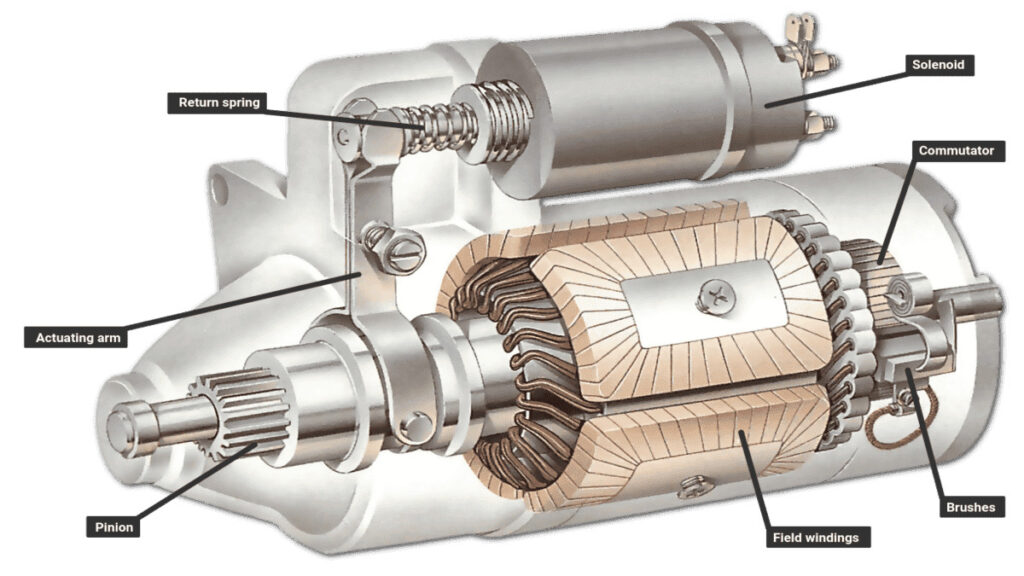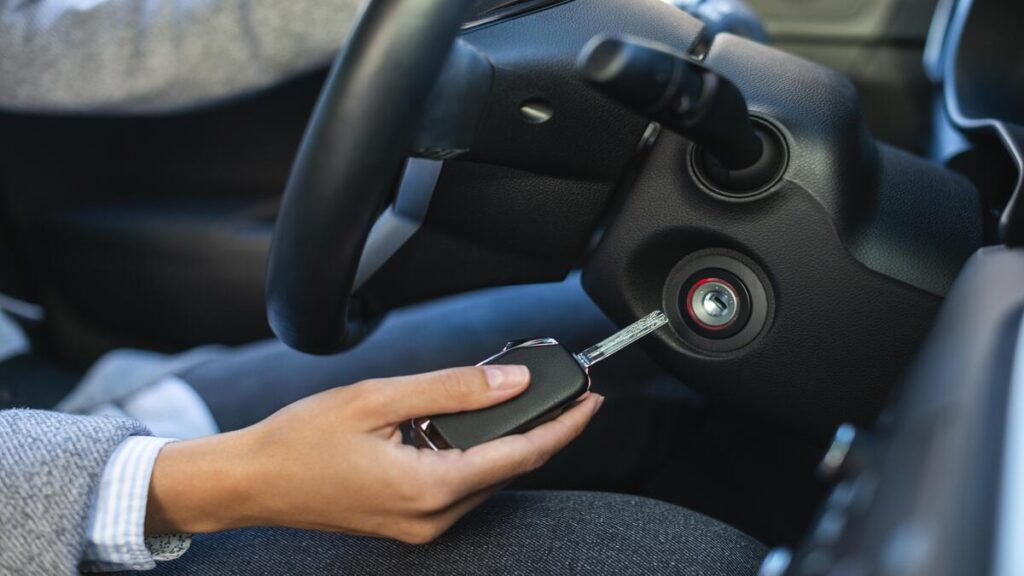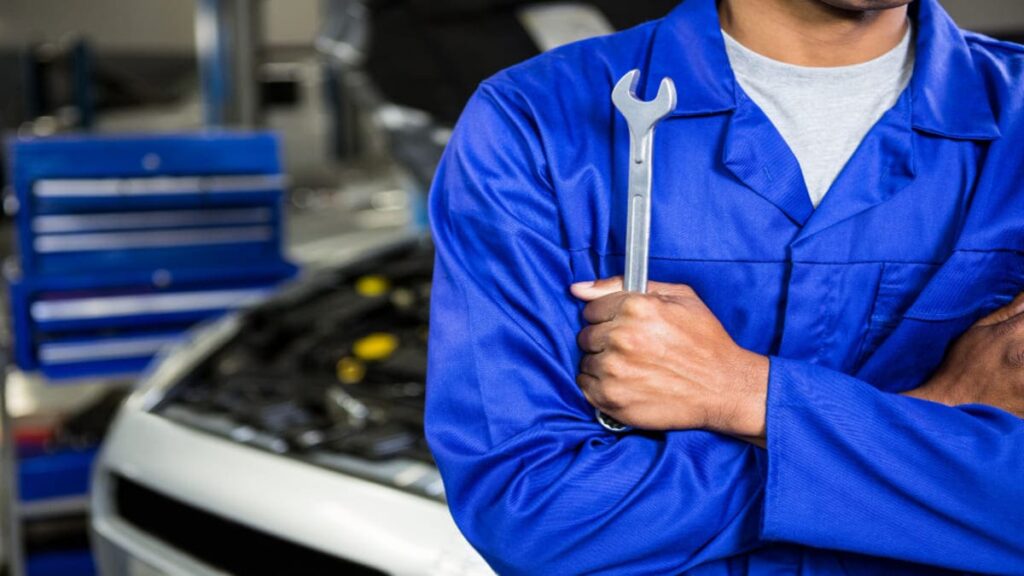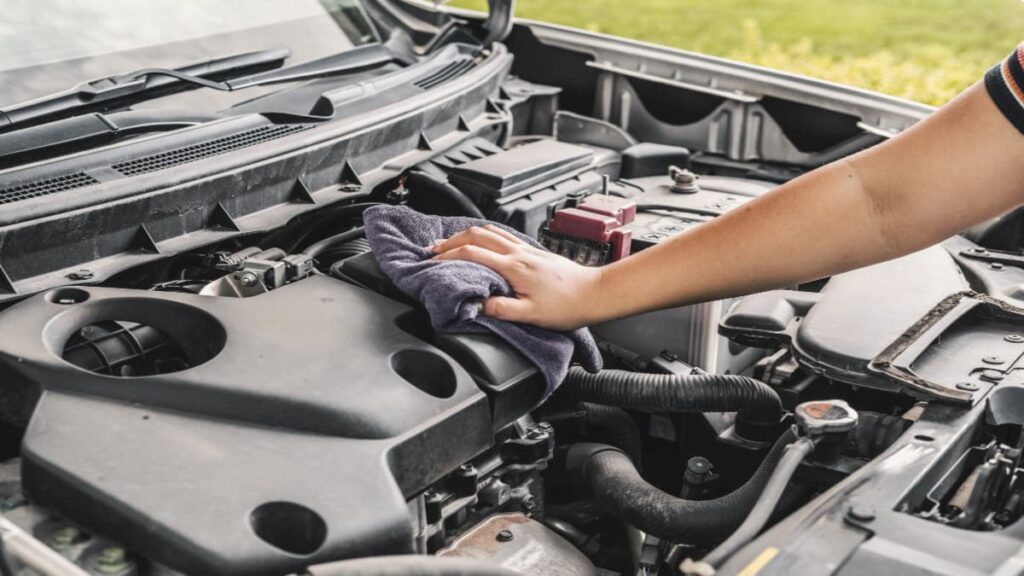A starter motor is an essential component in a vehicle’s engine system. Car starter motor is a powerful electric motor that initiates the engine’s operation. When you turn the ignition key, the automobile starter motor engages, turning the engine’s flywheel, which sets the engine running. Without it, the engine can’t start on its own. Its crucial role makes it a key focus in vehicle maintenance and repair.
In today’s post, you will get a complete overview on car starter motor. So, without further ado, let’s explore this guide.
How Does a Starter Motor Work?

A vehicle starter motor works by converting electrical energy into mechanical energy. When the ignition key is turned, a small amount of electricity flows to the starter solenoid. This action triggers the solenoid to close a pair of heavy contacts. It allows a larger current to flow through the starter motor. The motor then spins a gear, engaging with the engine’s flywheel. This process turns the engine over. It allows the air-fuel mixture to enter the cylinders and then ignites to start the engine.
What are the Symptoms of a Faulty Starter Motor?

Recognizing the symptoms of a faulty starter motor is key to timely repairs. Common signs include:
- A grinding noise when starting the vehicle
- A whirring sound without the engine turning over
- The intermittent starting issues.
If the starter engages but doesn’t spin the motor, it’s a clear indicator. Also, a clicking sound when turning the key, but no engine response, suggests starter issues. Above all, if the engine doesn’t start at all, it could be the starter.
Why Does Car Starter Motor Often Fail?
Starter motor failure can result from various factors. Overheating from continuous cranking can damage internal components. Corroded or loose electrical connections can disrupt power flow. Wear and tear on the starter gear or flywheel can prevent proper engagement. Faulty solenoids control the current to the starter. Therefore, these can also lead to starter electric motor failure. Battery issues, like low charge or poor connections, can affect starter performance.
Regular inspection helps identify these problems early.
Read Also: TOO MUCH OIL IN CAR ENGINE SYMPTOMS & WHAT TO DO [DIY GUIDE]
Important Steps to Avoid Your Starter Motor Damage:
To avoid starter motor damage, practice regular vehicle maintenance. Follow these key steps:
- Ensure your vehicle’s battery is in good condition. A weak battery strains the starter.
- Keep electrical connections clean and tight to prevent power loss.
- Avoid prolonged cranking, as it overheats the motor.
- Regularly check the starter and solenoid for wear and tear.
- Use your vehicle regularly. Long periods of inactivity can affect starter motor functionality.
- Ensure proper installation and alignment during replacements. Incorrect fitting can cause premature wear.
Repairing Car Starter Motor:

Repairing a starter motor involves several steps.
- Diagnose the issue correctly. If it’s a solenoid problem, replacement might be needed.
- For a worn gear or flywheel, proper alignment or replacement is necessary.
- Check for corroded or loose connections and fix them.
- If the motor itself is damaged, it may need rewinding or replacing. Always disconnect the battery before attempting repairs.
- For complex issues, professional help is advisable.
Regular maintenance can often prevent the need for extensive repairs.
Read Also: HOW ENGINE COOLING SYSTEM WORKS AND HOW TO MAINTAIN IT?
Cost of Repairing a Starter Motor
The cost of repairing a starter motor varies. Factors include the vehicle type, the extent of the damage, and labor costs. On average, a starter motor repair can range from $150 to $600. Luxury or specialty vehicles may incur higher costs. If the issue is with the solenoid or connections, the cost may be on the lower end. Complete replacement is more expensive. Get a detailed quote from a professional mechanic to understand the cost breakdown. Regular maintenance can help reduce the likelihood of costly repairs.
Tips for Maintaining Your Starter Motor

Proper maintenance of your car engine starter motor is necessary. This way, you can extend the starter motor’s lifespan and ensure reliable performance. Regularly check the battery’s health, as a poor battery can overwork the starter. Keep all electrical connections clean and tight. Inspect the starter motor and solenoid for signs of wear or damage. Avoid excessive cranking and use the starter only for brief periods. Ensure proper alignment during installation to avoid undue stress on the motor. Regular use of the vehicle helps maintain starter motor health. Finally, seek professional maintenance periodically, especially if you notice any starting issues.
Must Read: HOW DOES THE IGNITION SYSTEM WORK?
Final thoughts,
Understanding and maintaining your car’s starter motor is crucial for reliable vehicle performance. Recognize the symptoms of a faulty starter. Understand its working mechanism and know the causes of failure. Take preventative steps, repair when needed, and maintain regularly. These steps can save costs and extend the starter motor’s lifespan. Always consider professional advice for complex issues, ensuring your vehicle remains in top condition for every start.
FAQs about Car Starter Motors:
Q. What is the cost of replacing the Car starter motor?
A. The cost of replacing a car starter motor depends on the type of car. On average, it can cost between $150 and $600.
Q. The average cost of a Car starter motor?
A. The cost of a car starter motor varies between $70 to $425, depending on the make and model of the car.
Q. Can I start my Car without a starter motor?
A. No, you cannot start your car without a starter motor. The starter motor is essential for initiating the engine’s operation. It’s a crucial component for vehicle ignition.
Q. How do I choose a good starter motor for my car?
A. To select a quality starter motor for your car, consider compatibility, reliability, brand reputation, and warranty coverage. Consult a trusted mechanic for guidance.
